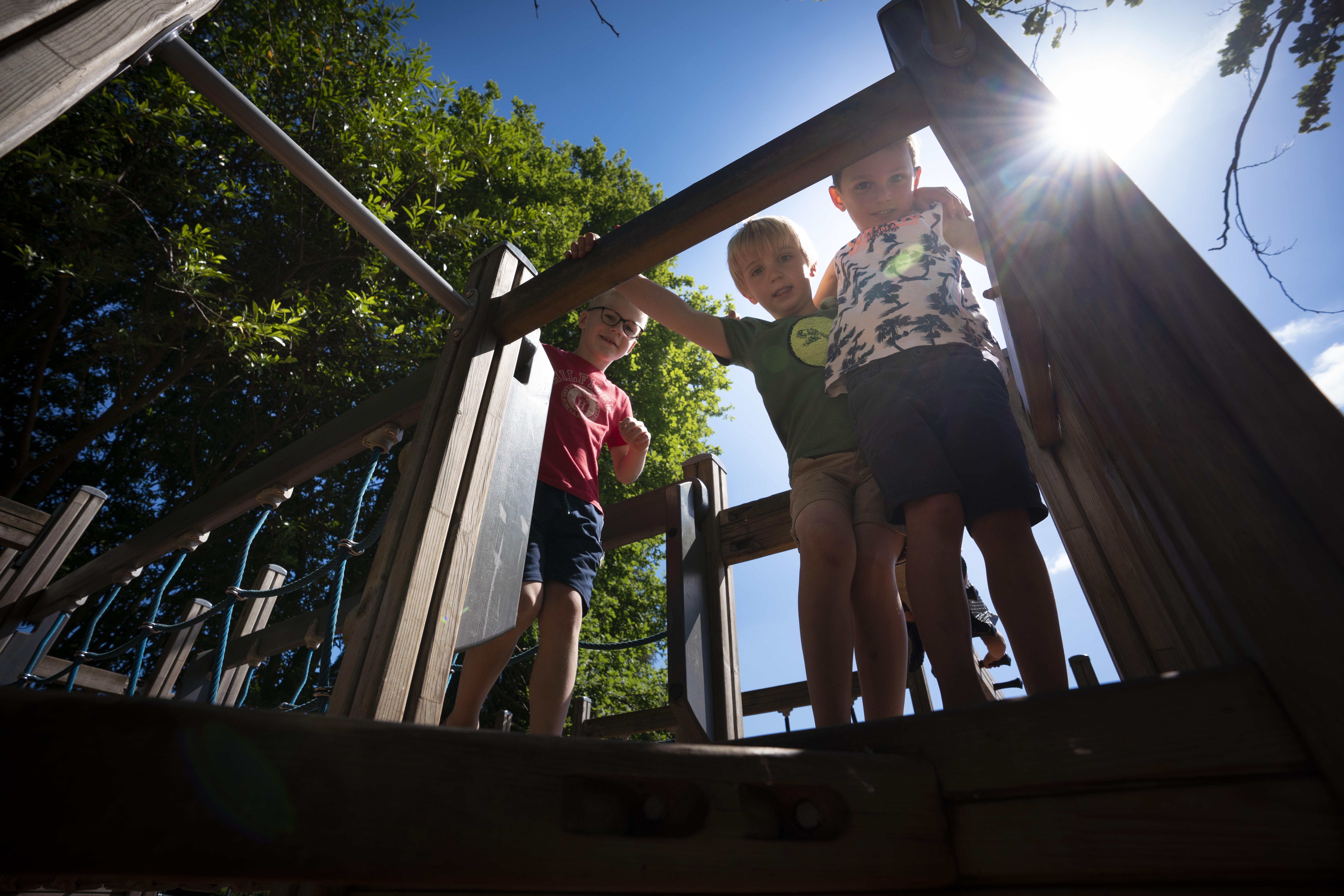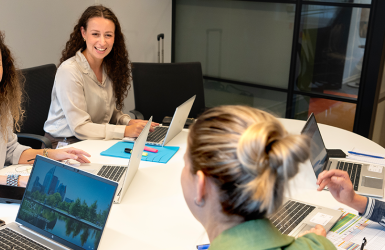The IND takes into account all relevant personal circumstances, such as the length of stay and the child’s social and emotional development. This is done partly on the basis of Article 8 of the European Convention on Human Rights (ECHR), which protects the right to family and private life.
Special approach for children
The IND has guidelines and specialised teams for cases involving children. Separate procedures are used for unaccompanied minor aliens (UMAs), depending on their age and situation. To learn more about the circumstances of these children, specially trained IND officers talk to them in a child-friendly environment. From the age of 15, minors who are accompanied by their parents are interviewed separately. For children aged 12 to 15, this is done only at their own request.
To make objective assessments, IND officers use guidelines on Article 8 of the ECHR, custody and visitation, and situations involving child protection measures. There is also a policy for primary caregivers of Dutch minors who want to apply for residency based on the Chavez-Vilchez ruling. As a result of this ruling, a parent, (half-)brother or (half-)sister can apply for residency to live with a minor Dutch child in their care.
Special team
IND officers can use the ‘Explanation of the Child’s Best Interests’ guidelines to weigh the interests of the child against those of the Dutch state. The IND also has a special team dedicated to this. A behavioural expert helps this team interpret reports from youth welfare services, psychologists and remedial education specialists. This ensures that these reports are properly considered in decision-making.
Working together with other organisations
As a member of the Children in Immigration Policy Alliance, the IND aims to do more to protect the best interests of the child. The other members of this alliance are the Repatriation and Departure Service, the Child Protection Council, the Migration Policy Directorate, and the Directorate for Youth, Family and Crime Prevention. The organisations in this network exchange information with each other and discuss specific cases. Their goal is to give children a stable future, either in the Netherlands or abroad.
The IND informs the Child Protection Council about the residence status of families. If the Child Protection Council believes that a child needs protection, it can carry out an investigation. Based on the outcome of this investigation, it can then ask the court to impose a child protection measure, such as a supervision order. While the Child Protection Council does not advise the IND directly, it does provide support with individual cases.
No more special arrangement
Until 2019, there was children’s pardon for minors who had lived in the Netherlands for more than five years and had become settled here. This special arrangement no longer exists. The secretary of state’s discretionary power, which allowed the government to grant residency in exceptional cases, has also been abolished. Today, only the Director-General of the IND can grant residency in exceptional cases, and only to first-time applicants.
If an application is rejected, parents or children can appeal to the court. A judge then decides whether the IND has sufficiently considered the child’s best interests.


